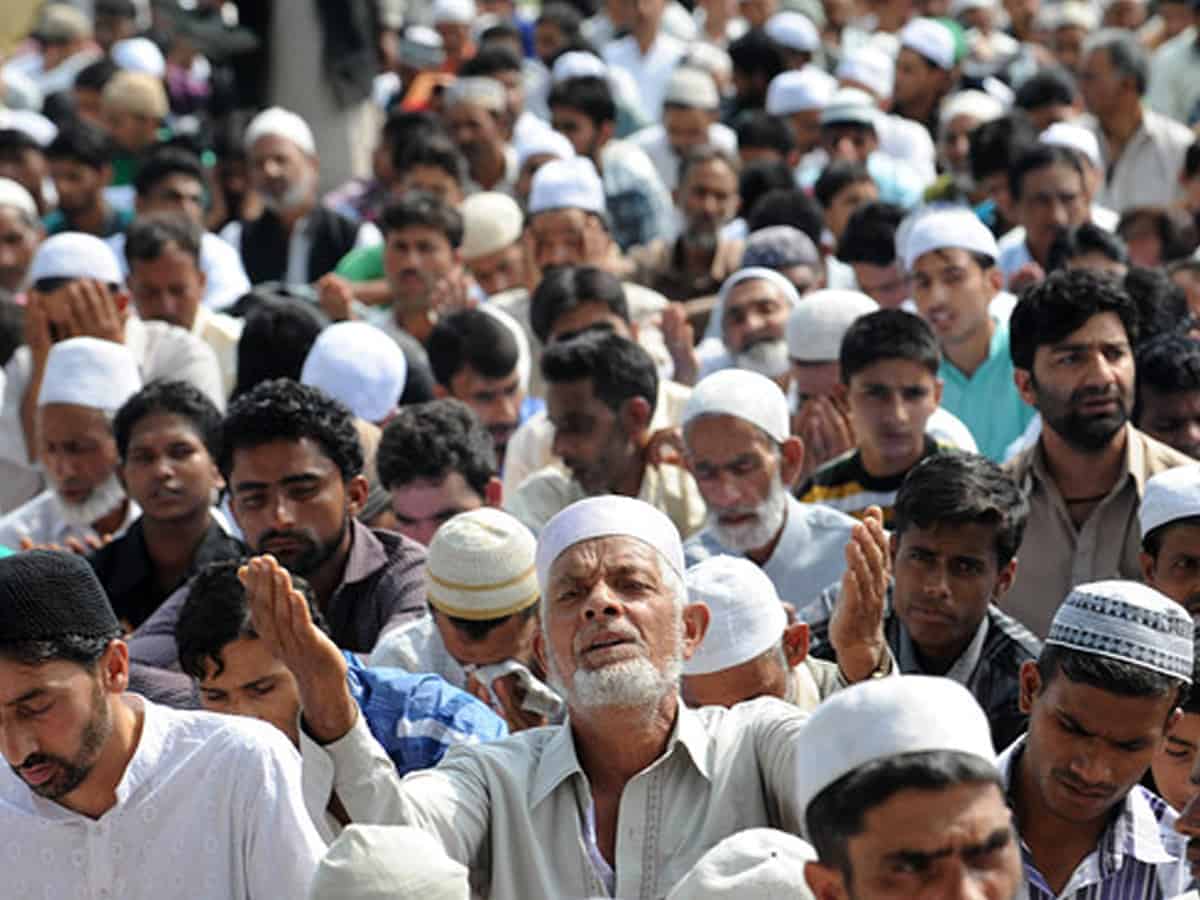Ayodhya: Voices of dissent against the Sunni Central Waqf Board, which is scheduled to announce a Trust for the construction of the mosque on a 5-acre plot in the Dhannipur village in Ayodhya district this week, are getting louder.
Senior members of the Muslim community are of the opinion that the Trust must be independent and not under control of the Sunni Waqf Board as some members are political appointees and could be remote-controlled.
Senior cleric Maulana Salman Nadwi said, “The Trust members should not be appointed randomly. The government must pay compensation and bear cost for construction of the mosque as protecting the mosque was government’s responsibility and it failed to protect it. The trust should be free from government control.”
Mushtaq Ahmed Siddiqui, member of Babri Masjid Action Committee (BMAC) and a senior lawyer in the title suit, said, “The Supreme Court had given land to Muslims against Claim No. 4 and the Waqf Board has been mentioned in the operative portion. So, Sunni Waqf Board has no right to take a decision on formation of Trust.”
Member of Sunni Central Waqf Board, Advocate Abdul Razzaq said, “The waqf board is a den of corruption and if they control the Trust, there will be serious irregularities. The union government must constitute the Trust for building the mosque as it did for the Ram temple.”
The All India Milli Council that was also a litigant in the title suit, said that reputed Islamic seminaries and reputed individuals should be given representation in the trust.
Khaliq Ahmad Khan, member of the council said, “Litigants who fought a prolonged legal battle for the mosque should be made part of the Trust.”
Retired IAS officer Anees Ansari said, “If the Muslim community wishes to see an independent Trust, Muslim organisations like All India Muslim Personal Law Board (AIMPLB), Jamiat Ulema Hind, Ahle-Hadees must participate to free it from the clutches of the government agencies.”
Salaam Jafri, an educationist, said, “The Waqf board is a quasi-government body and will always remain under pressure of its political masters. The house of God must be free of corruption.”
Last week Sunni Waqf Board chairman Zufar Farooqui had said that the modalities of the Indo-Islamic Culture Trust on a 5-acre plot in Dhannipur village in Ayodhya district would be discussed threadbare at a meeting after Holi.
He refused to comment on the dissenting voices in the community.

